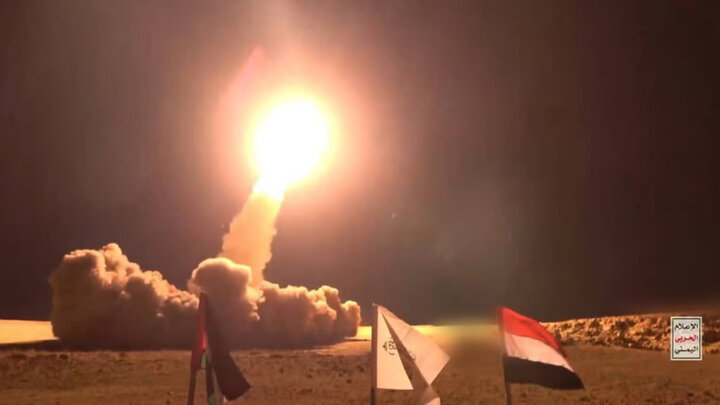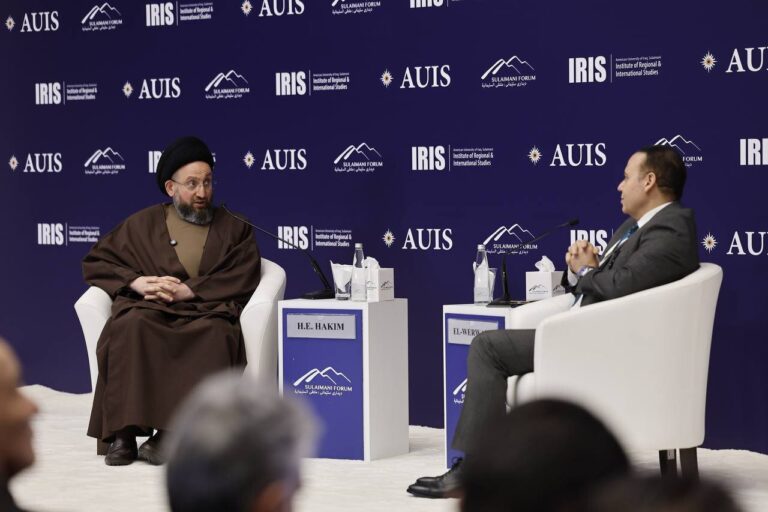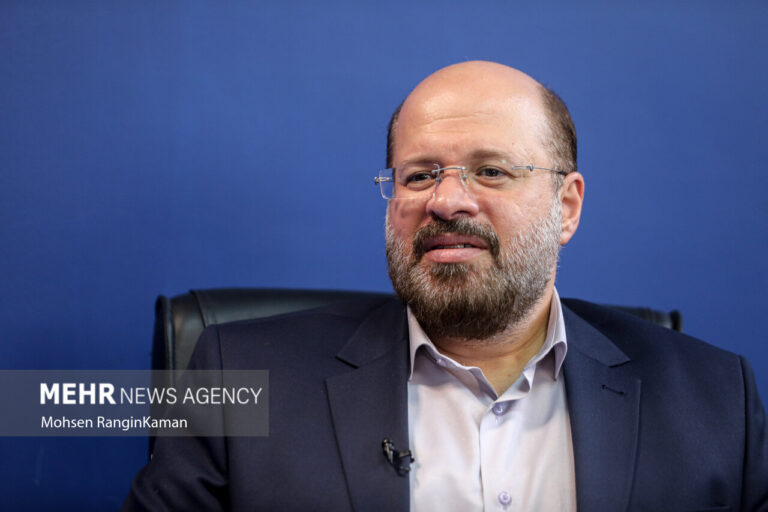Israel’s Escalating Security Crisis: Navigating a Complex Dilemma
The recent missile strike on Israel’s Ben Gurion Airport by Yemen’s Ansarallah movement has sparked significant concern regarding Israel’s security vulnerabilities. This unprecedented attack not only highlights the evolving threats in the region but also signifies a pivotal moment in the ongoing conflict, marking a new chapter in the Arab-Israeli dynamics.
During the strike, a hypersonic ballistic missile targeted the airport’s restricted area near Terminal 3, injuring eight individuals and leading to a temporary halt in flight operations. This incident underscores Israel’s increasing vulnerability and raises critical questions about its defense mechanisms.
Details of the Attack
The missile strike represents a substantial escalation in the conflict, demonstrating both the audacity and capability of Yemen’s Ansarallah movement. The following points outline the key aspects of this incident:
- Scale and Impact: The attack is unprecedented in both scale and audacity, showcasing a new level of threat against Israel.
- Defense System Failure: Despite multiple interception attempts, Israel’s advanced missile defense systems, including the U.S.-supplied THAAD and Arrow interceptors, were unable to neutralize the incoming missile.
- Location Significance: Ben Gurion Airport serves as Israel’s primary international gateway, handling about 25 million passengers annually, making it a central hub for tourism and trade.
Security Vulnerabilities Revealed
The strike has illuminated several critical vulnerabilities within Israel’s security architecture:
- Missile Defense Limitations: The failure to intercept a hypersonic missile reveals significant gaps in Israel’s missile defense capabilities, particularly against advanced threats that combine speed, stealth, and maneuverability.
- Geographical Exposure: The airport’s proximity to key population centers makes it a high-value target for long-range attacks, increasing the risk of future incidents.
- Intelligence Failures: The successful missile launch indicates possible blind spots in Israeli intelligence regarding the evolving capabilities of resistance movements.
- Economic Vulnerability: The airport’s temporary closure led to immediate disruptions, exacerbating existing challenges in Israel’s aviation sector, which had already suffered a significant financial loss due to ongoing conflicts.
Historical Significance and Strategic Implications
This missile strike is not just a tactical military action; it symbolizes a turning point in the Arab-Israeli conflict. The implications extend well beyond the immediate consequences:
- Shift in Military Perception: The attack challenges Israel’s long-standing image of military invulnerability, prompting a reevaluation of regional power dynamics.
- Psychological Impact: The event has instilled a wave of fear and insecurity within Israeli society, affecting both citizens and security institutions.
- Motivation for Resistance: The strike has provided a new source of hope and motivation for Arab and Muslim nations aligned with the Axis of Resistance.
- Highlighting Regional Hypocrisy: It exposes the hypocrisy of Arab nations claiming support for Palestine, emphasizing that only those committed to resistance can change historical narratives.
As Abdel Bari Atwan, editor-in-chief of Rai al-Youm, notes, this marks the first instance of a Yemeni-manufactured supersonic missile striking one of Israel’s most sensitive installations without the assistance of a major power. This development reflects the technological advancements made by resistance groups and underscores significant failures in Israeli intelligence and deterrence mechanisms.
Conclusion: A New Era of Regional Conflict
The attack on Ben Gurion Airport signifies the onset of a new era in regional conflicts, where resistance forces have taken the initiative. Israel’s perception of invincibility is increasingly challenged, necessitating a reassessment of its security strategies and military readiness in the face of evolving threats. As the ramifications of this attack unfold, it is clear that the balance of power in the region may be shifting, with profound implications for future conflicts.






